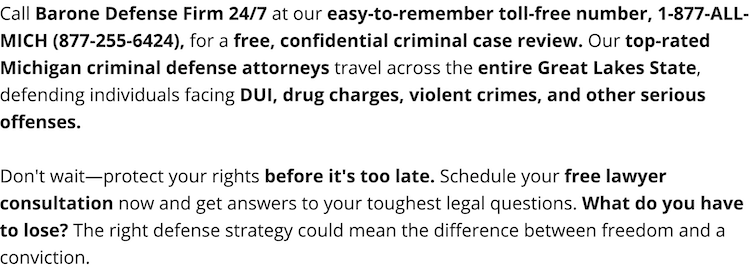What is The Difference Between The Various Federal Investigative Agencies?
In addition to the three branches of government, the United States Constitution also set up a basic framework out of which the concepts of "dual sovereignty" and "federalism" arose. According to both concepts, each state in the union remains sovereign, but also agrees to cede certain powers to the federal government. However, Article VI of the U.S. Constitution, called the "supremacy clause," essentially establishes the principle that when conflicts exist between state and federal law the federal law will prevail, meaning it will supersede the state law. Article I, Section 8 of the Constitution sets forth the enumerated powers of the federal government, and the Tenth Amendment to the Constitution sets forth the powers reserved to the states.
Just as there is dual sovereignty relative to the powers of the state and federal governments, there is a similar concept of dual sovereignty in state and federal law enforcement. As it relates to federal law enforcement there are a variety of investigative and administrative agencies designed to support the various functions of federal law enforcement, such as the prevention, detection, and investigation of crime. There are also agencies assigned the task of apprehending alleged wrongdoers.
The five main investigative agencies that would be involved in criminal cases include the following:
The Federal Bureau of Investigation (FBI). The FBI is the main investigative agency for the federal government, and they investigate a broad range of criminal activities. These include cyber crime and child pornography, civil rights, organized crime, public corruption, hospital and Medicare fraud, various forms of white-collar crimes including complex financial crimes, and many forms of violent crime, including weapons of mass destruction.
The Drug Enforcement Administration (DEA). The DEA is charged with the responsibility of enforcing the federal controlled substances laws and regulations. These responsibilities include the investigation of alleged violations of these laws, and when such violations are alleged, to bring the wrongdoer to either the criminal or civil justice systems. Violations of the controlled substances act might include such activities as illegally manufacturing, growing, distributing, or selling a controlled substance.
Bureau of Alcohol, Tobacco, Firearms and Explosives (ATF). The ATF is focused on investigating alleged violations of federal firearms laws. These investigations might include such activities as the unlawful use, manufacture, storage, distribution or sale of illegal firearms or explosives. It also includes the investigation of alleged arson, various acts of terrorism including bombings. Finally, the ATF is also involved in the enforcement of laws pertaining to alcohol and tobacco.
United States Secret Service (USSS). The USSS is also a multifaceted enforcement and protection agency. The main responsibility of the USSS is to protect elected officials and foreign heads of state, as well as provide national security for various special events, and finally to safeguard and protect the United States financial infrastructure, banking, and payment systems.
Homeland Security Investigation (DHS/HSI). The HSI performs the investigations for the U.S. Department of Homeland Security. The HSI therefore investigates what are called "transnational threats." This includes individuals and organizations that disrupt or exploit the global infrastructure. More broadly it may be said that the HSI investigates domestic and international terrorism.
<< Back to the main Federal Criminal Law page || Next Page >>
 Barone Defense Firm Home
Barone Defense Firm Home
















